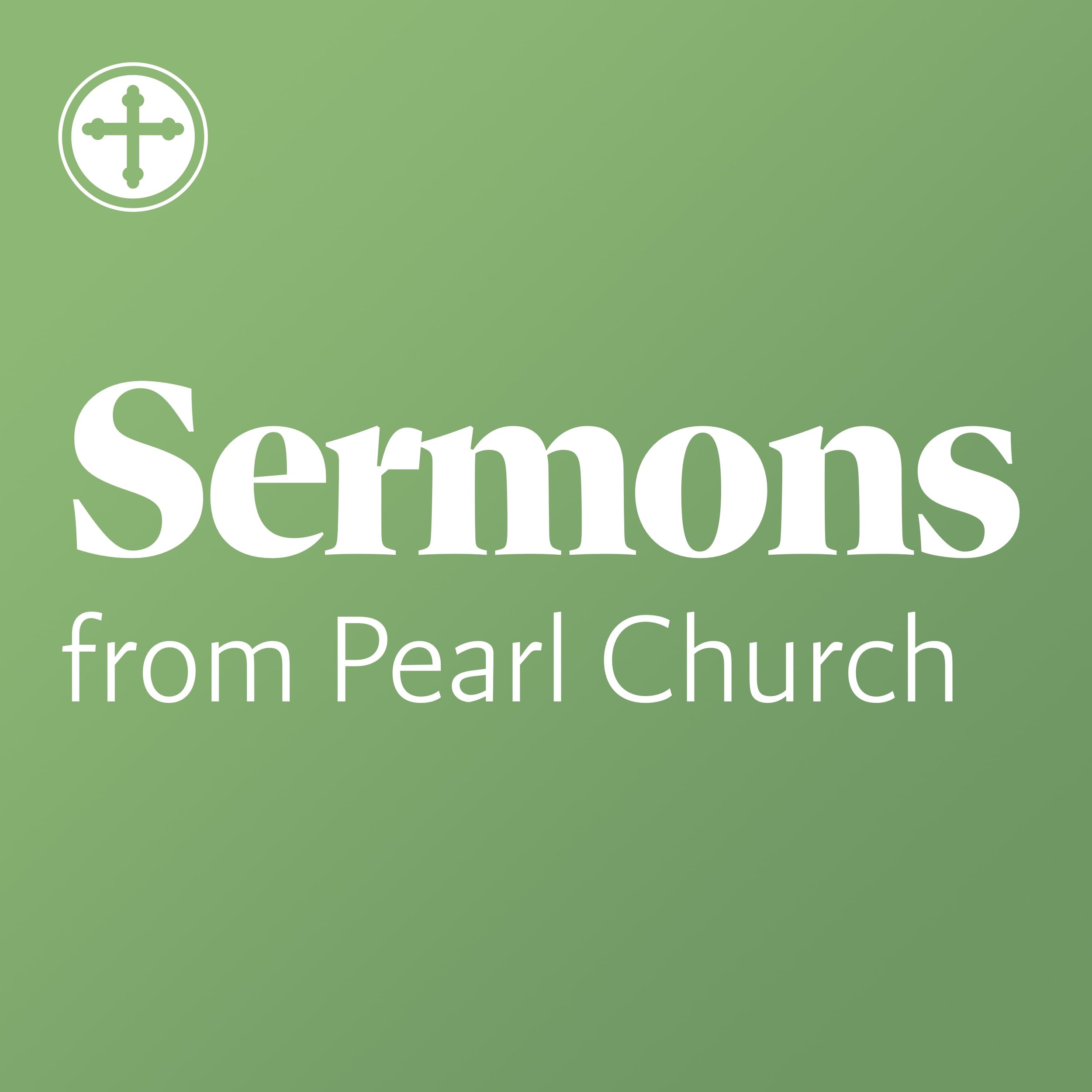Eucharist
/We inhabit an era of unprecedented change. New ideas, new technologies, new discoveries, and new challenges seem to come one after the other, exciting and disorienting and sometimes disturbing. And as Christianity itself evolves, what anchors us, here and now, in communion with followers of Jesus across the world and the ages? In this series, we will consider two embodied practices, known as “sacraments,” handed down through the centuries—baptism and eucharist. These ancient, enacted rituals help root us as participants in the Christian way, giving us incarnate experience of identity and inclusion.


